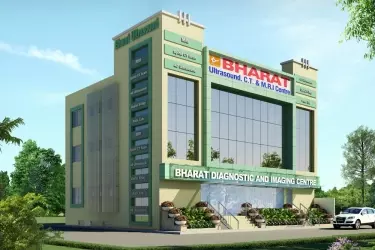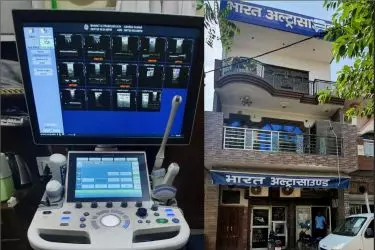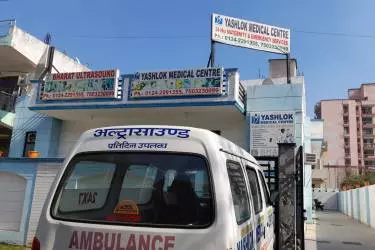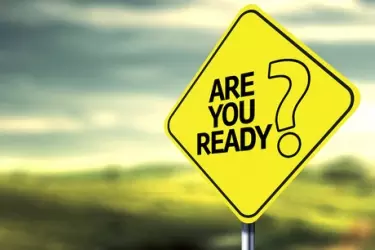
For many ultrasound exams like the Whole Abdomen Study you are required to be in overnight fasting so that the gall bladder can be visualized. However if gas is present in the abdomen then also the study gets hampered so too long a fasting should be avoided. For ultrasound exams of most of the other body parts no specific preparation is required. For TVS studies the female should not be in the menstruating cycle.
Ultrasound waves give the best resolution when they get deflected with water and therefore many studies like the KUB and Lower Abdomen would require you to drink 5-6 glasses of water and feel the urine pressure before the study commences. This helps in visualizing the organs with much more clarity.
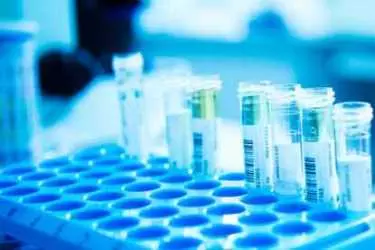
The moment we eat food the process of digestion starts and various organs of the body start producing essential elements required by the body which all go into the blood stream and then get circulated to the entire body. It is therefore best to get the blood tested on an empty stomach. So you should give the blood sample first thing in the morning even before you have the bed tea to get the most accurate results.
In some cases we are only trying to see the relative values so if you are repeating a test after a course of treatment then it is best to give the blood sample at the same time as you gave the first sample before the commencement of the treatment.
Some blood tests would be done after a specific time period from your meals.
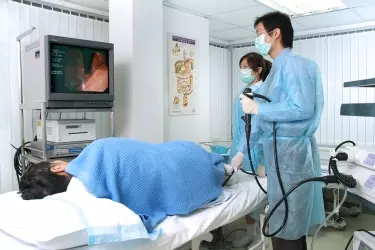
For tests like Colonoscopy or Sigmoidoscopy you need to take some medicines after dinner on the previous night so that the gut gets completely cleaned on the next morning before the test. For Endoscopy or Virtual Endoscopy also you have to follow the same instructions. For some of the tests the patient needs to sedated or anaesthetized, in such cases the patient should report to the diagnostic centre with overnight fasting and without any drink in the morning not even water.
For doing the contrast studies on MRI or CT Scan the patient needs to be fasting for the last 6 hours as the contrast agent can sometimes have adverse reaction with the food in the stomach.
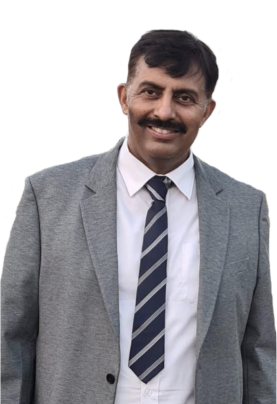
Dr Rajesh Choudhary has more than 20 years of experience in the field of Radiology. Dr Choudhary has been trained in the latest radiological techniques from Sardar Patel Medical College, Bikaner and PGI Chandigarh.
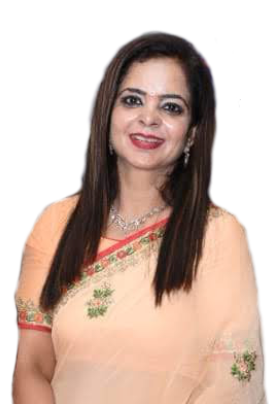
Dr Shruti Sangwan has been trained at Lady Hardinge Medical College, Maulana Azad Medical College, PGI Chandigarh and Artemis Hospital Bhiwadi in the field of Radiology and has more than 18 years of experience.
